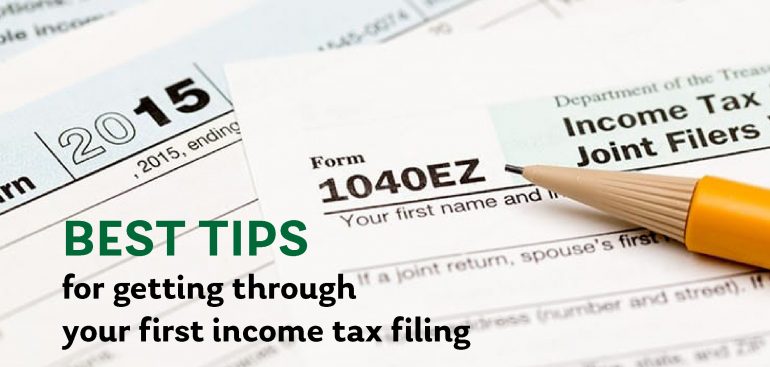Tax season has officially begun. And, after the past two years, the stress of filing tax returns and gathering documents is one that many people don’t want to deal with. Here are 10 reasons why you should be using the services of a tax professional this year:
Ten Reasons to Use a Tax Professional
Accuracy
The tax code can be complicated. Plus, any errors made when filing your return can be costly; legally and financially. This is why we pay tax professionals. Tax professionals keep you up-to-date with the tax code and have the necessary expertise to ensure accuracy in your tax returns.
Can keep you updated
The tax professional can update you on any IRS tax changes or tax law changes.
You may get a higher return
A tax professional can get you the highest return possible by ensuring you don’t accidentally miss any deductions.
Saves you time
Normally, it takes between 8 and 10 hours to compile a complete tax return. If you have a busy schedule, a tax professional is a great resource to free up this valuable time. Time is money after all.
Expert Advice
Tax professionals can answer any questions you may have and help you make smarter decisions to ensure maximum tax savings and returns.
Saves you money
If your tax preparer finds just one deduction you may have missed, it could easily cover their fee. Not to mention, the more deductions they help you find, the higher your return will be. They can also recommend ways for you to save on your taxes and increase your returns.
Reduced risk of an audit
You lower your risk of an audit when you use tax preparation services. Plus, if you are audited or the IRS starts asking you questions, the preparer will know exactly how to answer the questions and deal with the IRS.
Lowered Stress Levels
You no longer have to worry about filing the return yourself. Sometimes just knowing that you have professional assistance can reduce your stress levels.
Human contact
You get a personal touch from using a tax professional that tax software cannot provide. Plus, no matter how advanced the software is, it cannot represent you in an audit.
Current and future peace of mind
Tax professionals can equip you with the tools and knowledge to ensure that your current and future tax seasons go off without a hitch. They provide you with the best strategies to ensure you make smart tax-saving decisions.
For expert, professional assistance with your 2022 tax returns, contact Georgen Scarborough Associates, PC, today.





